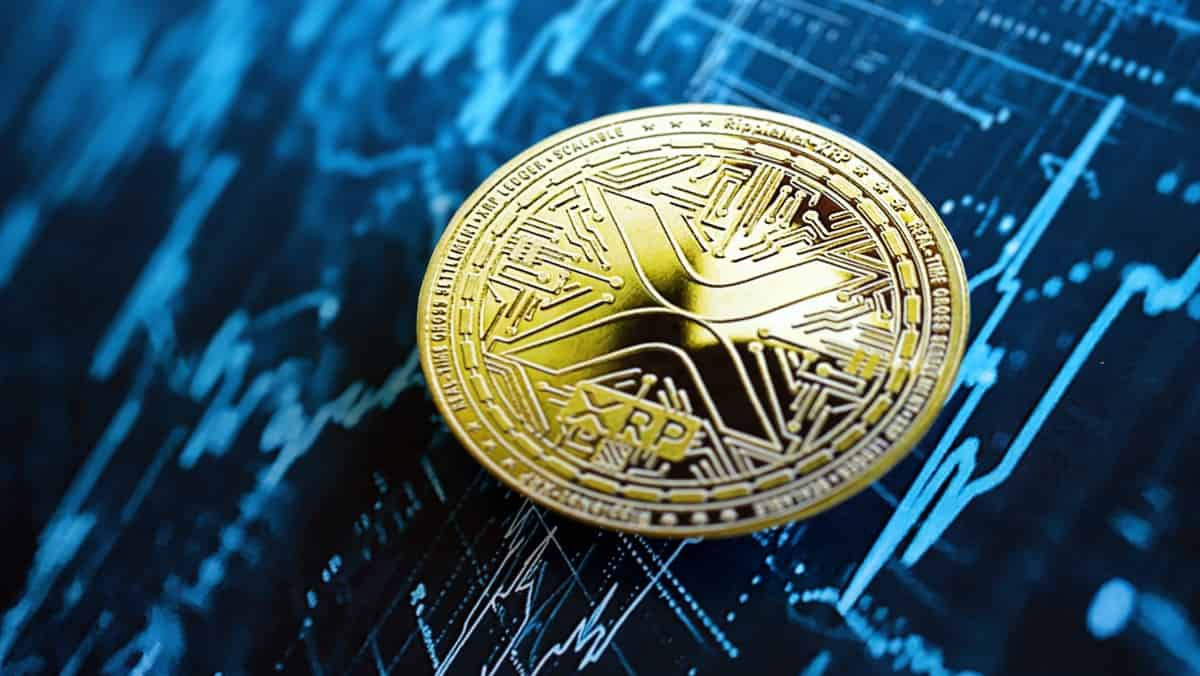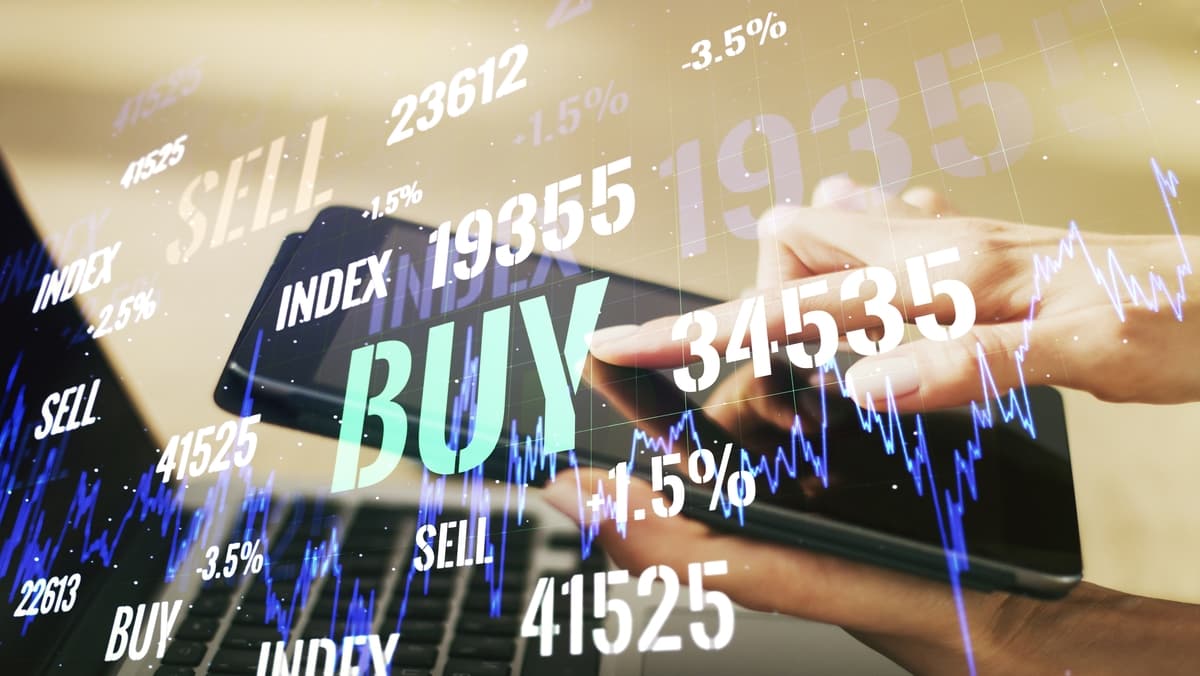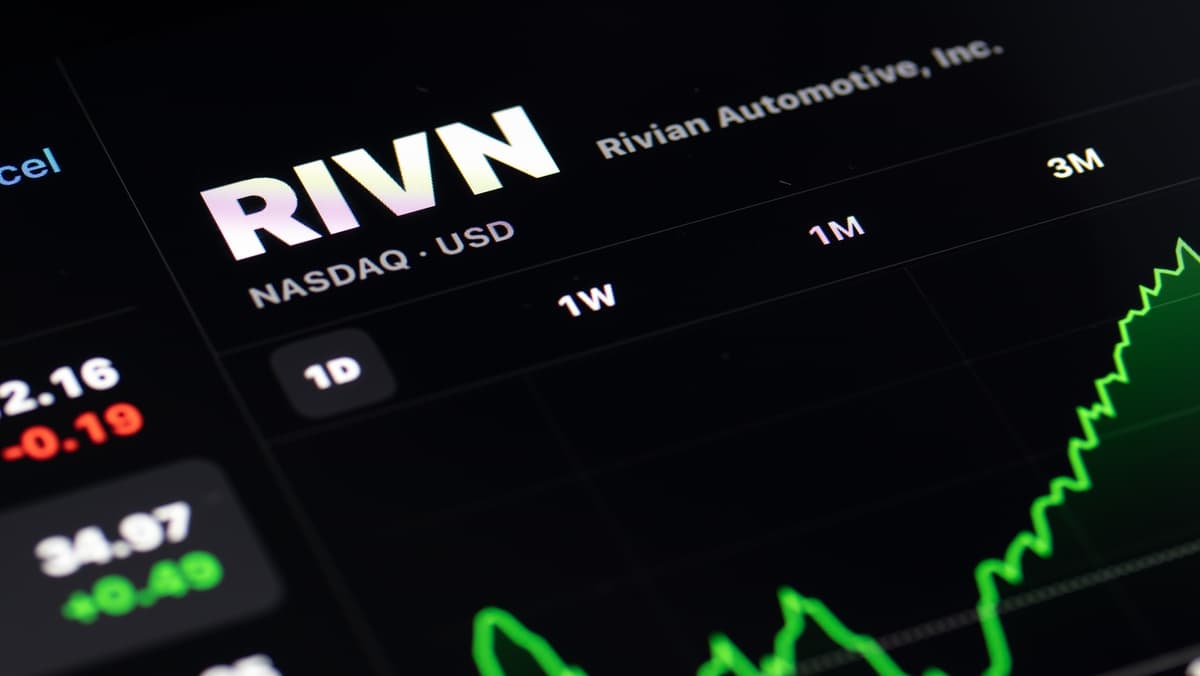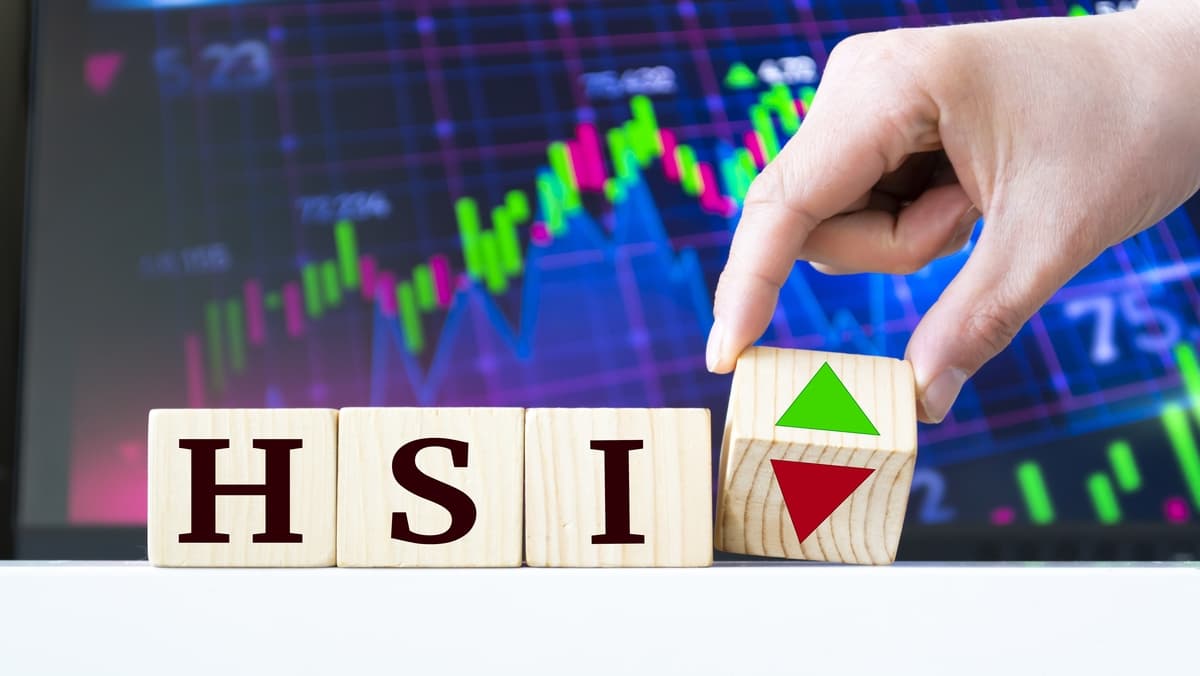Morgan Stanley analysts believe the slowing US job growth signals an economic bottom, not a recession, with expectations of benefits for sectors like healthcare.
Can a Federal Reserve rate cut reverse the historical downward trend of the US stock market in September? This analysis provides insights into the outlook and potential challenges.
The UK is facing rising borrowing costs, sparking questions about its debt sustainability. Some economists believe this situation could be a warning sign for similar crises in other nations.
Amid growing expectations of a Federal Reserve rate cut, Ruchir Sharma warns that such a move could be a grave error, given the economy's resilience, persistent inflation, and a potential AI-fueled bubble.

TSLA Stock Analysis: Tesla, Inc. (TSLA), a leader in electric vehicles (EVs) and renewable energy solutions, has experienced notable fluctuations in its stock price over the years.

NVDA Stock Drops Today: Nvidia Corporation (NVDA) has been a standout performer in the stock market, particularly in the tech sector, due to its leading position in graphics processing units (GPUs) and artificial intelligence (AI) technologies.

XRP Price Prediction: Ripple (XRP) has been a prominent player in the cryptocurrency space, known for its focus on facilitating cross-border payments and enhancing the efficiency of financial transactions.

Vikram Solar Share Is Trading Higher: Vikram Solar, a prominent player in the solar energy sector, has recently seen its shares trading higher.

Forex Market Today: The foreign exchange (forex) market is a dynamic environment where currencies are traded continuously, influenced by various economic factors, geopolitical events, and market sentiment.

High Leverage Forex CFD Brokers 2025: When trading in the foreign exchange (forex) market, leverage can be a powerful tool, allowing traders to control larger positions with a smaller amount of capital.

US Dollar Performance Today: The performance of the US dollar is a key indicator in the global financial landscape, impacting various assets, including cryptocurrencies, foreign currencies, and precious metals.

Rivian Stock Price Analysis: Rivian Automotive, an electric vehicle manufacturer, has attracted considerable attention since its initial public offering.
The way Trump manages his business empire while in office raises questions about potential conflicts of interest, especially regarding foreign deals and cryptocurrency ventures. This article analyzes these issues.
Treasury Secretary Betsent is carefully trying to avoid the fate of his predecessor, Mnuchin, in the Fed chair selection process, by adopting a cautious approach that balances Trump's demands with ensuring central bank independence.
Expectations point to a significant downward revision in US job growth data, which could influence the Federal Reserve's monetary policy decisions and raise questions about the strength of the labor market.

VOO Price Today: The Vanguard S&P 500 ETF (VOO) is a popular exchange-traded fund designed to track the performance of the S&P 500 index, which comprises 500 of the largest U.S. publicly traded companies.

Major US Stock Exchanges Comparison: The United States is home to two of the largest and most influential stock exchanges in the world: the New York Stock Exchange (NYSE) and NASDAQ.

Hang Seng Index Is Up Today: The Hang Seng Index (HSI) serves as a vital benchmark for the Hong Kong stock market, reflecting the performance of the largest and most liquid companies listed on the Hong Kong Stock Exchange.